
WEB DESIGN • HUBSPOT • BRANDING • INBOUND MARKETING • VIDEO • SEO
The Latest Tips and Insights
for All Things Marketing.
Featured Blog
May 15, 2025
The Subtle Art of Web Design: What DIY Websites Often Miss
By Danielle Matthews | 3 Minute ReadFilter by Category

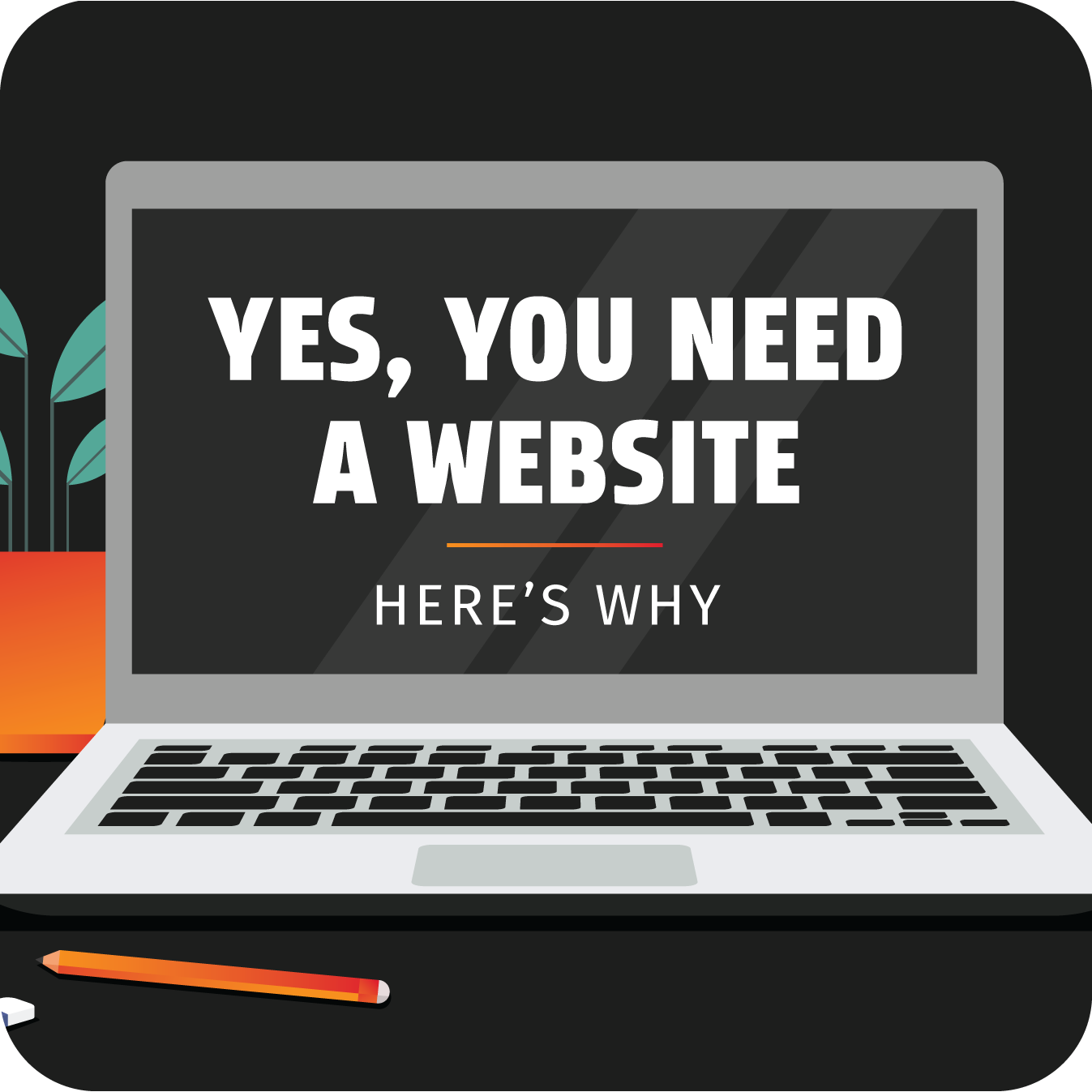
The Ramifications of Not Having a Website
Micah Van Rijs
| 3 Minute Read
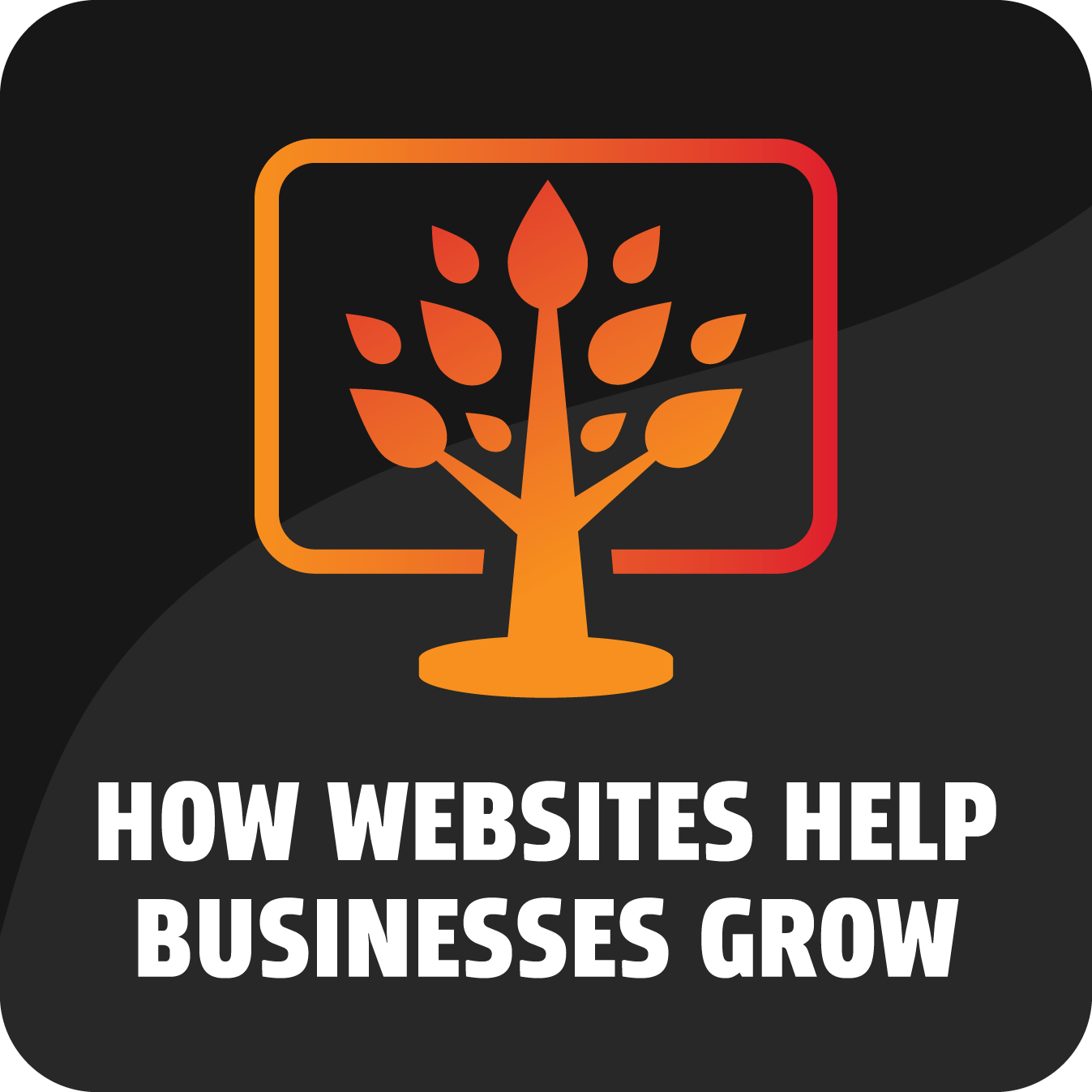
How Websites Help Businesses Grow
Micah Van Rijs
| 4 Minute Read
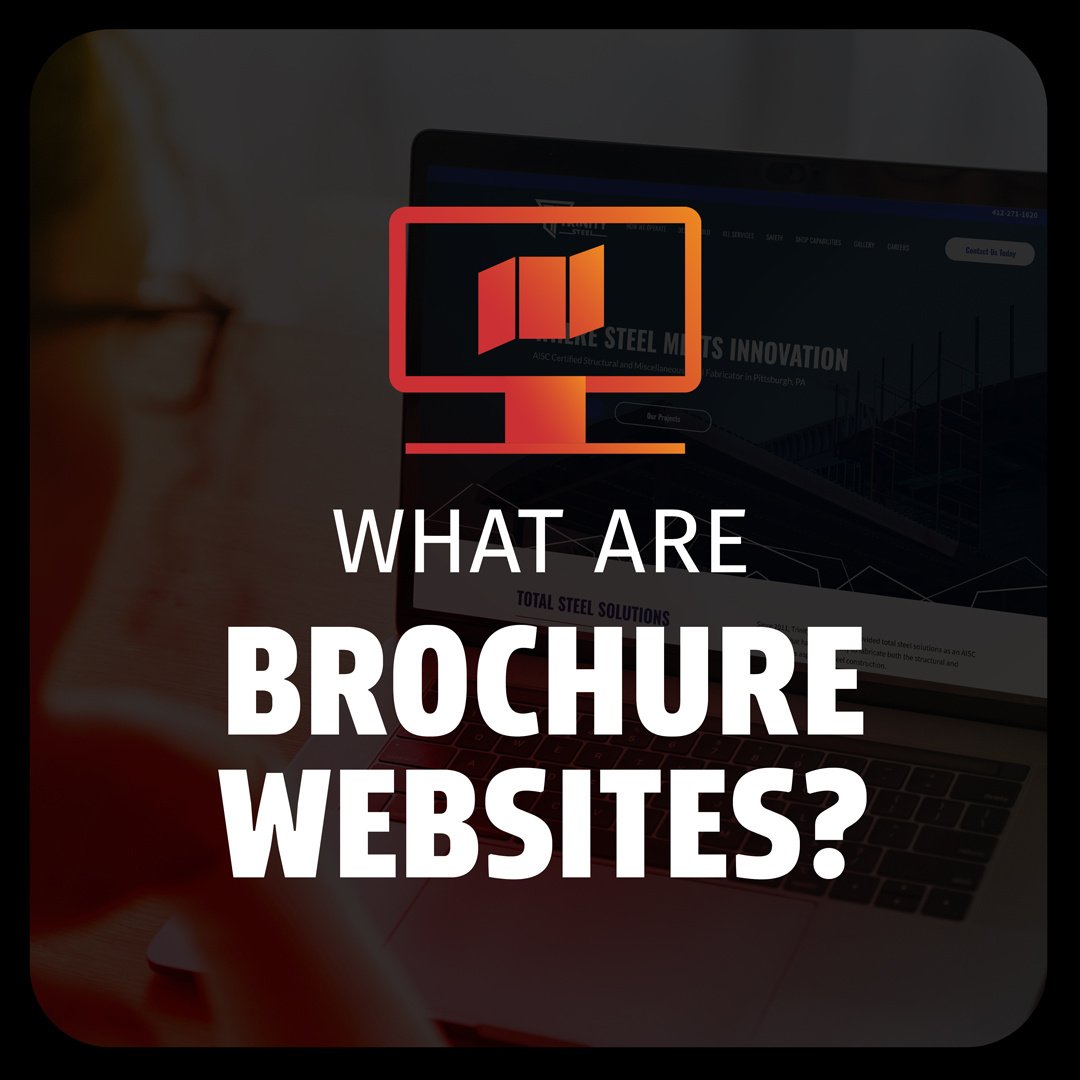
What is a Brochure Website? Does My Business Need One?
John Caruso
| 2 Minute Read
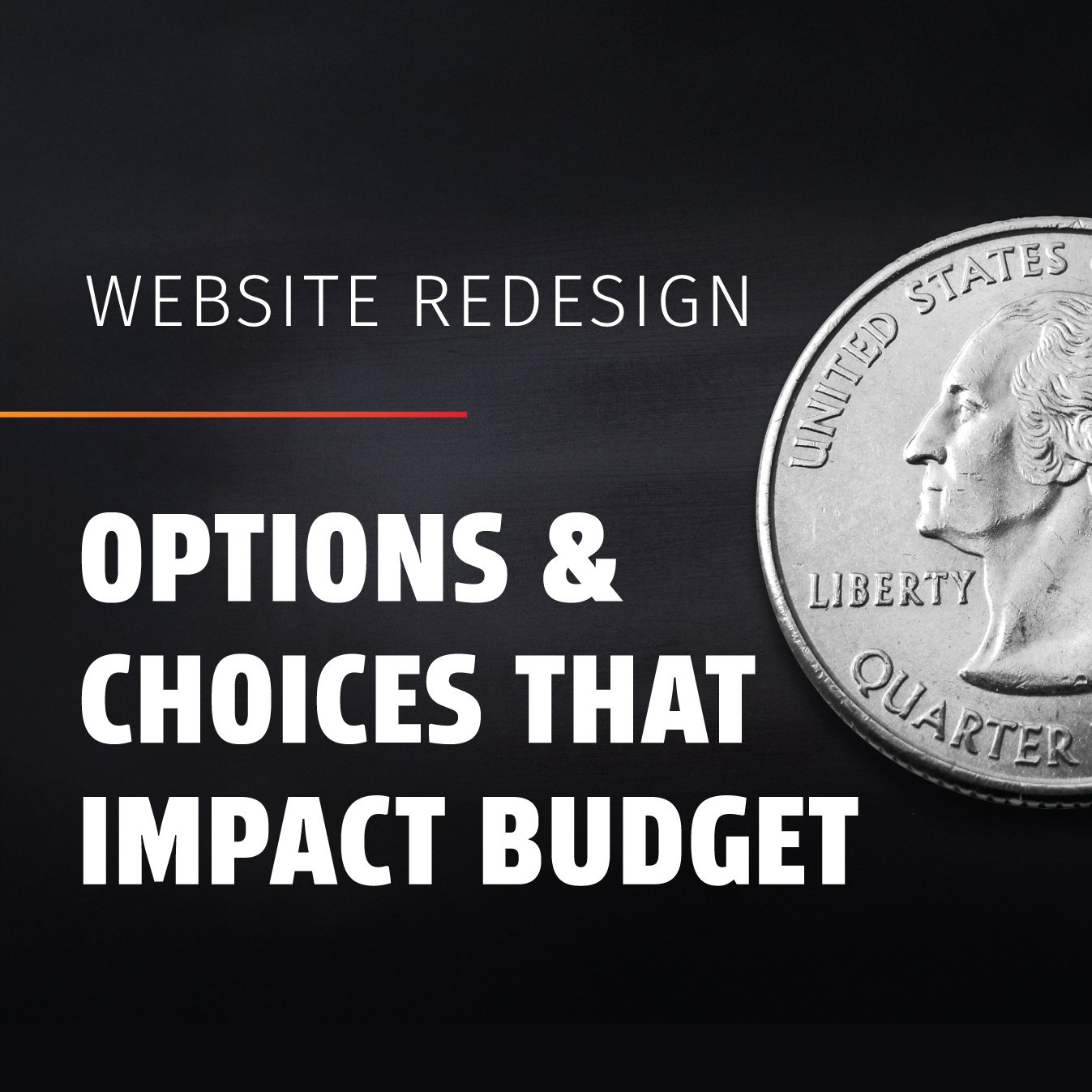
Website Redesign Projects: Budget Considerations and Options
John Caruso
| 4 Minute Read
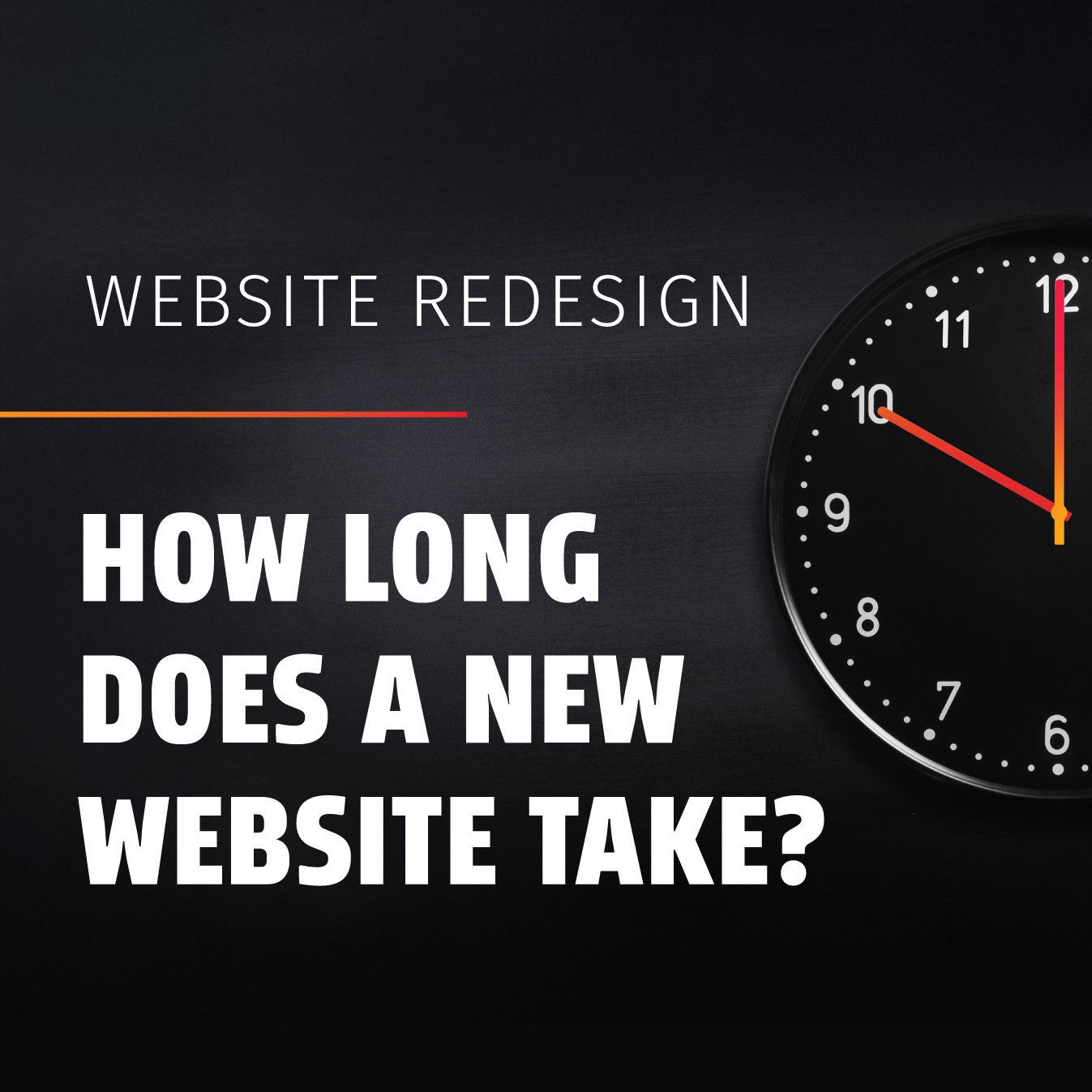
How Long is My Website Redesign Going to Take?
Janelle C.
| 3 Minute Read
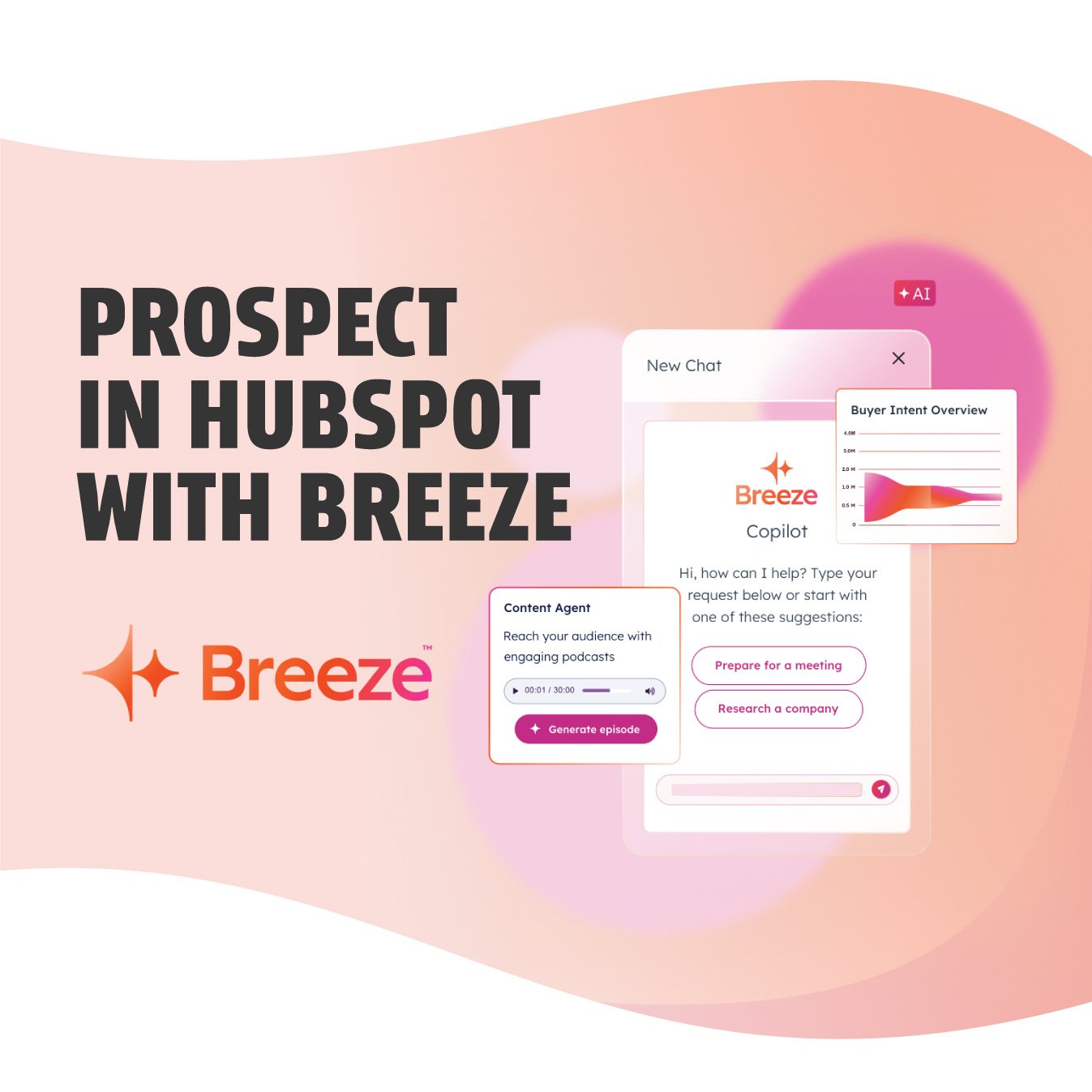
How to Harness HubSpot’s Breeze AI to Unlock New Prospect Opportunities
Micah Van Rijs
| 1 Minute Read
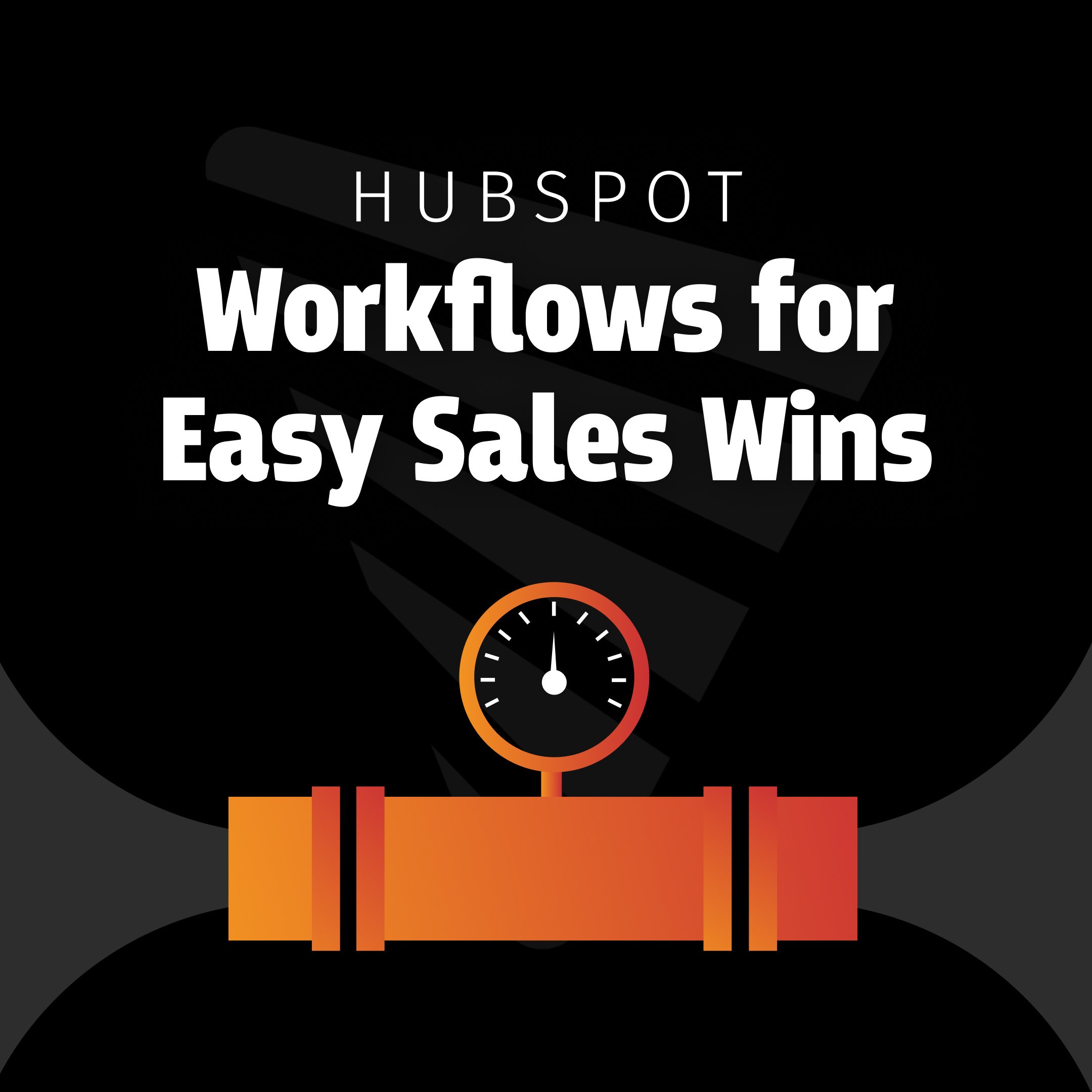
How to use HubSpot Workflows to Get Easy Sales Wins
Micah Van Rijs
| 4 Minute Read

How Web Design Can Make or Break a Succesful Digital Advertising Effort.
John Caruso
| 2 Minute Read